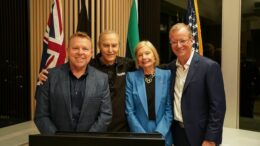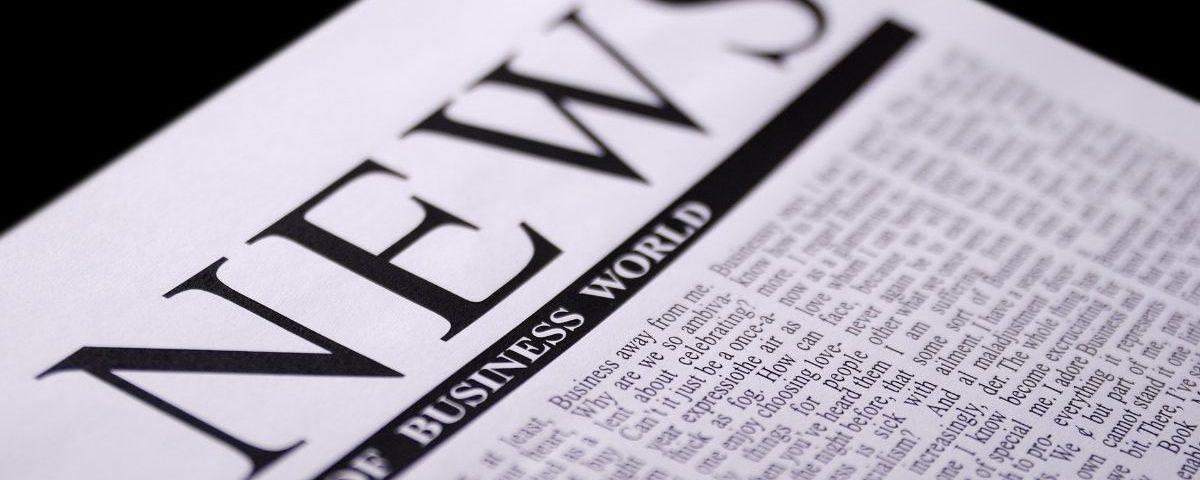Amnesty International has issued a warning for the international community that the coronavirus pandemic is threatening free speech and independent media reporting.
The attacks on freedom of expression by governments combined with an increasing flood of misinformation across the world during the global pandemic have had a devastating impact on people’s accessibility to accurate and timely information, Amnesty International said.
“The right to freedom of expression has been attacked globally in the context of the COVID-19 pandemic and increased the dangers posed by the public health crisis,” the organisation said.
“Freedom of expression is vitally important because a free flow of accurate, evidence-based and timely information increases awareness about health risks and how to prevent and deal with them.”
Silenced and Misinformed: Freedom of Expression in Danger During Covid-19 reveals how governments’ and authorities’ reliance on censorship and punishment throughout the crisis has reduced the quality of information reaching people.
As a result of repressive government measures, many people were left without access to information about the coronavirus and therefore did not know how to protect themselves and those around them, it said.
The report singled out China’s suppression of information about the coronavirus as a, particularly fateful example.
The government of China has a long history of controlling freedom of expression. During the early days of the pandemic, health workers and professional and citizen journalists attempted to raise the alarm as early as December 2019. However, they were targeted by the government for reporting on the outbreak of what was then an unknown disease. According to Amnesty by February 2020, 5,511 criminal investigations had been opened against individuals who published information about the outbreak for “fabricating and deliberately disseminating false and harmful information”.
In one harrowing case, citizen journalist Zhang Zhan travelled to Wuhan in February 2020 to report on the Covid-19 outbreak. She went missing in May 2020 in Wuhan. It was later revealed that she was detained by police, charged with “picking quarrels and provoking trouble” and sentenced to four years’ imprisonment.
“It’s clear Covid-19 related restrictions on freedom of expression are not just time-bound, extraordinary measures to deal with a temporary crisis. They are part of an onslaught on human rights that has been taking place globally in the last few years – and governments have found another excuse to ramp up their attack on civil society,” said Rajat Khosla.
“Restricting freedom of expression is dangerous and must not become the new normal. Governments must urgently lift such restrictions and guarantee the free flow of information to protect the public’s right to health.”
Post Views: 32
Dee Antenor is an experienced writer who specialises in the not-for-profit sector and its affiliations. She is the content producer for Third Sector News, an online knowledge-based platform for and about the Australian NFP sector.





























